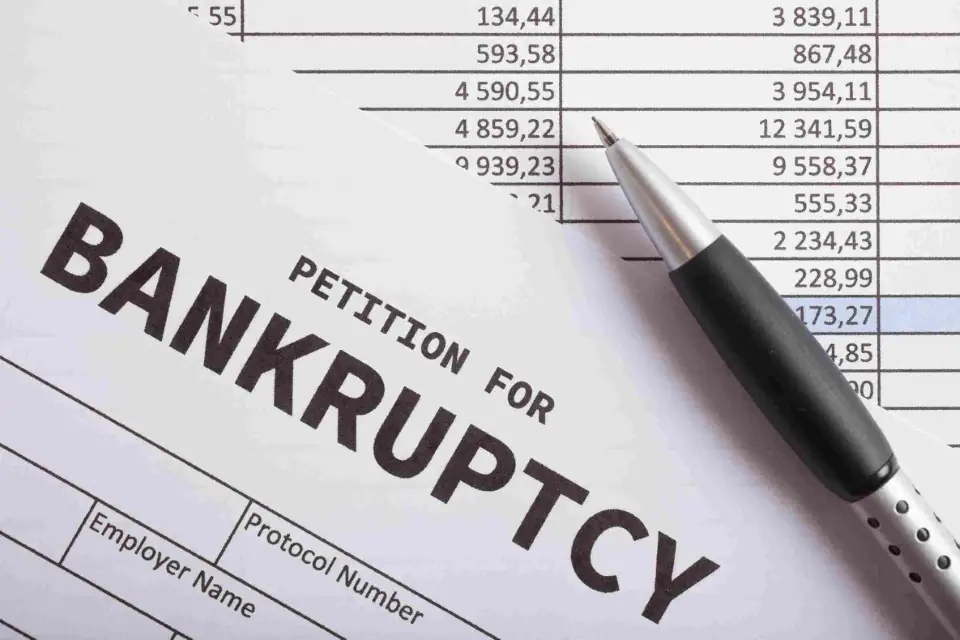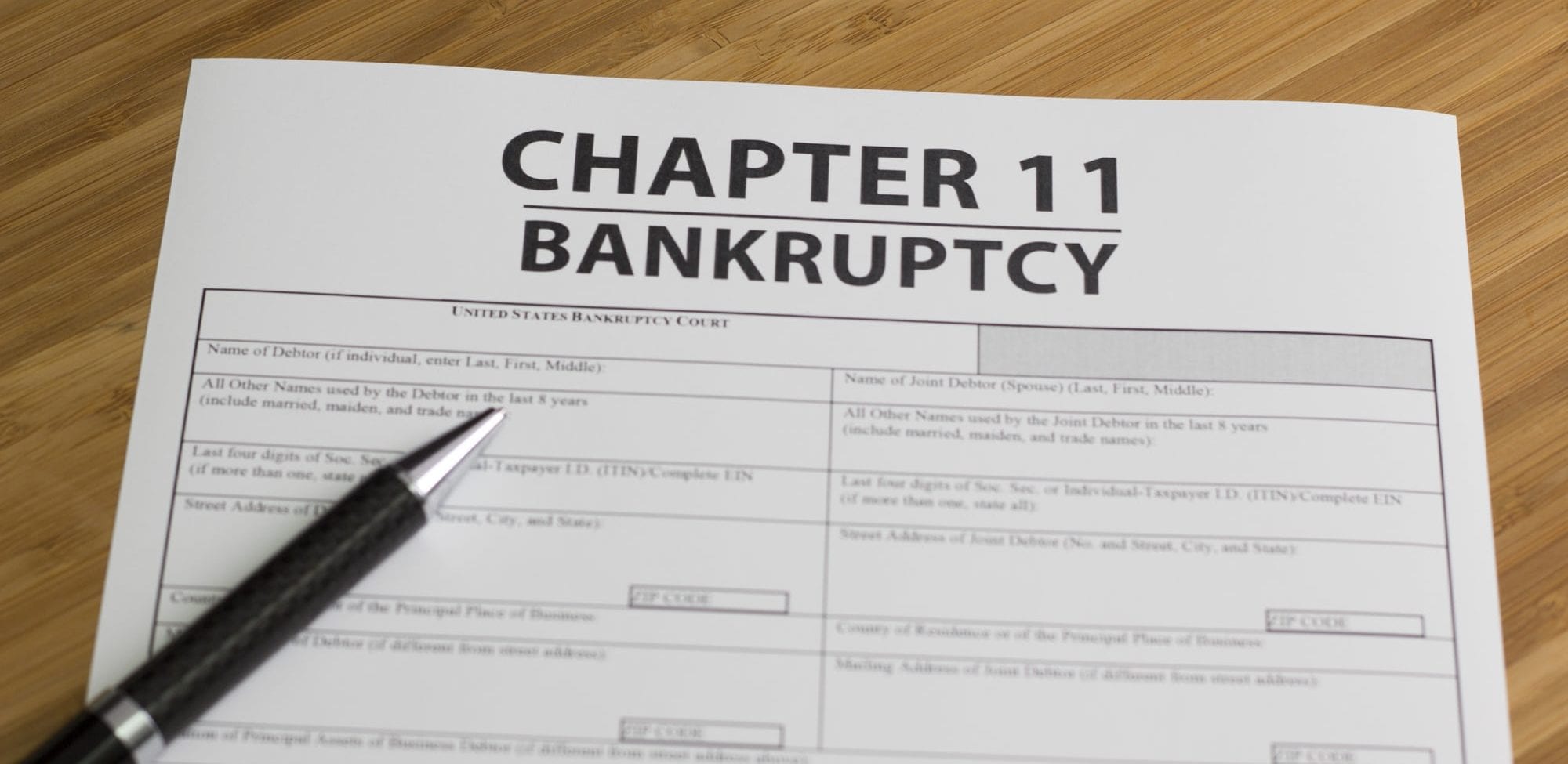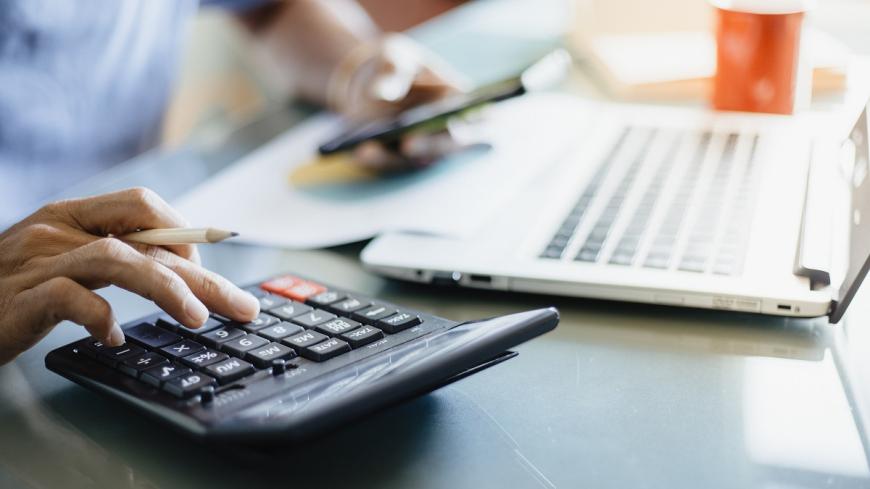Declaring bankruptcy can be a difficult decision, but it may be the best option for getting out of overwhelming debt and getting a fresh financial start. Bankruptcy laws allow people to eliminate or repay some of their debts under court supervision. When you file for bankruptcy, all collection efforts against you stop, at least temporarily. But declaring bankruptcy also impacts your credit and future ability to get loans and credit cards.
There are two main types of personal bankruptcy: Chapter 7 and Chapter 13. Here’s an overview of what happens in each process:
Chapter 7 Bankruptcy
Chapter 7 bankruptcy, also called “liquidation bankruptcy,” can help eliminate unsecured debts like credit cards, medical bills, personal loans and utilities. However, you may have to give up property if it’s not exempt under bankruptcy rules.
Here’s how it works:
– You file a petition with the bankruptcy court listing your assets, income, debts and living expenses. The court appoints a trustee to oversee your case.
– The trustee liquidates any nonexempt assets and uses the proceeds to repay creditors according to priorities set by the bankruptcy code. Exempt assets you get to keep include things like basic household furnishings, clothing, pensions and retirement accounts.
– Most unsecured debts like credit cards, personal loans and medical bills are discharged. However, you’ll still owe certain priority debts like domestic support obligations, some taxes and student loans.
– The bankruptcy filing stays on your credit report for up to 10 years. This will make it very difficult to get new credit during this time.
Chapter 13 Bankruptcy
Chapter 13 bankruptcy allows you to keep your property while you repay debts over 3-5 years through a court-approved repayment plan. To qualify, you must have regular income and limited debts.
Here’s what happens in Chapter 13 bankruptcy:
– You file a petition and proposed repayment plan with the bankruptcy court listing your assets, income, living expenses and debts.
– The court approves a repayment plan where you make monthly payments to a trustee who distributes payments to creditors. Plans usually last 3-5 years.
– Most unsecured debts like credit cards, medical bills and personal loans are discharged after you make all payments. You may be able to discharge some debts that can’t be eliminated in Chapter 7.
– You can keep all property, including nonexempt property you may have to sell in Chapter 7.
– Making payments for 3-5 years provides time to get back on your feet financially. This can limit damage to your credit.
– Certain debts can’t be discharged including domestic support obligations, student loans and recent taxes. You still have to pay these under your repayment plan.
Popular Questions
Will I lose all my property if I file for bankruptcy?
You don’t have to give up all your belongings in bankruptcy. Both Chapter 7 and 13 allow you to keep exempt property which varies by state but typically includes ordinary household goods, work equipment, basic transportation, life insurance and retirement plans. Only nonexempt assets are at risk in Chapter 7.
How long will bankruptcy stay on my credit report?
A completed Chapter 7 bankruptcy will remain on your credit report for up to 10 years. A completed Chapter 13 bankruptcy will remain for up to 7 years. In both cases, having a bankruptcy on your record can negatively impact your ability to get credit, loans, housing, utilities and even jobs.
Can I keep my house if I file for bankruptcy?
In most cases yes, you can keep your home in both Chapter 7 and 13 bankruptcy. However, you do risk foreclosure if you can’t make ongoing mortgage payments. You may also be able to catch up on payments through a Chapter 13 repayment plan. Home equity above your state’s exemption limit may have to be used to pay creditors in Chapter 7.
Will bankruptcy wipe out my student loans and taxes?
Generally no. Student loans and recent taxes owed are difficult to discharge in bankruptcy. You will still have to repay these, although a Chapter 13 plan may help you catch up on back taxes.priority debts like domestic support obligations also cannot be discharged.
How much does it cost to file for bankruptcy?
Filing fees for bankruptcy are around $350, but total costs with attorney fees average $1,500-$3,000 or more. However, legal fees vary widely based on location and complexity of the case. Filing yourself without an attorney will save on fees but is not recommended.
Conclusion
Declaring bankruptcy is a significant decision that requires looking at all the pros and cons for your unique situation. While bankruptcy provides debt relief and a fresh start for some, it also comes at a high cost to your credit and finances for many years. Seeking help from a bankruptcy attorney and credit counselor can help you make the most informed choice. There are bankruptcy alternatives like debt management plans and debt settlement to also consider before deciding if bankruptcy is your best path forward.







